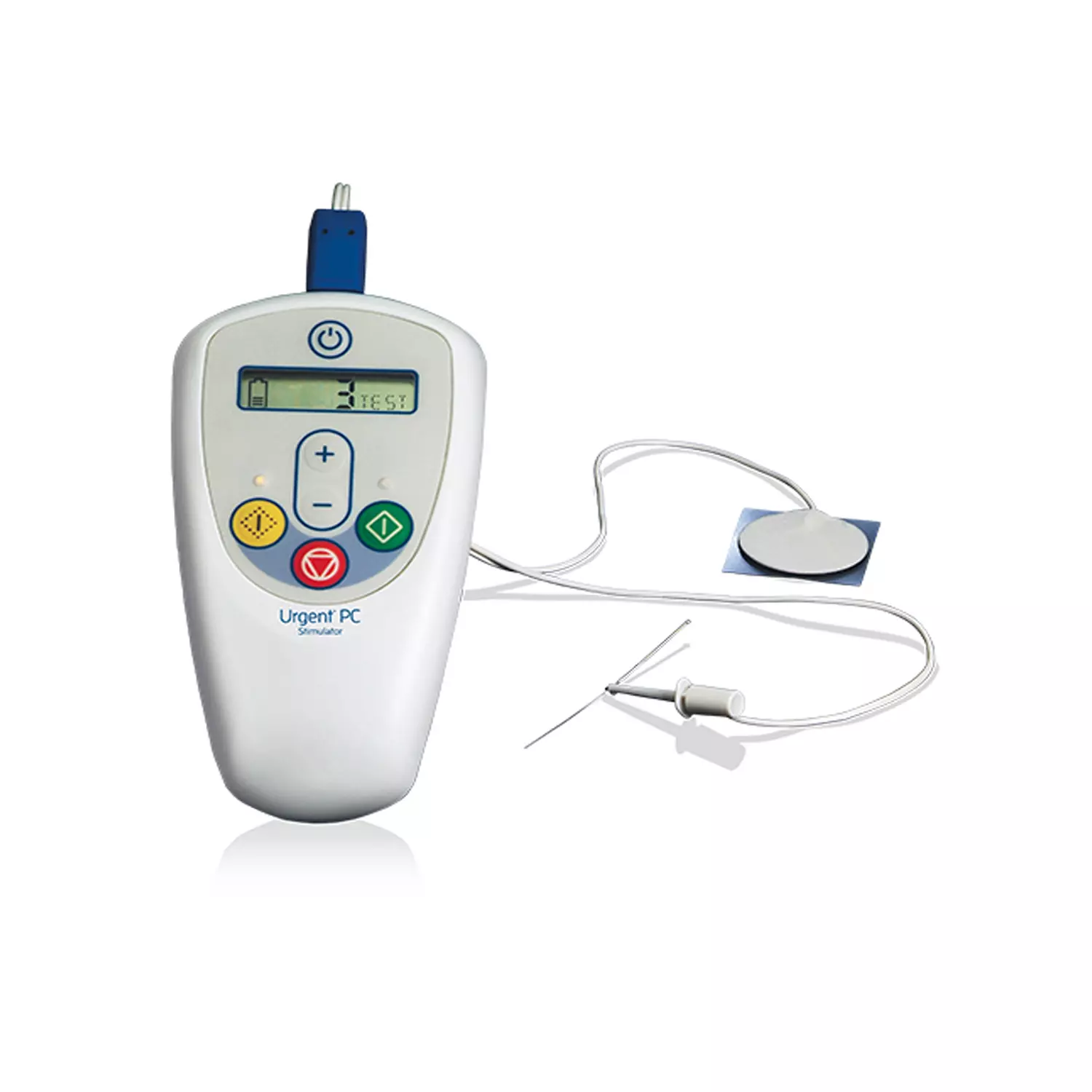How common is loss of bowel control?
Loss of bowel control is more common than you might think. NICE indicates a prevalence rate from 1 to 10% of adults are affected by fecal incontinence, depending on the definition and frequency of fecal incontinence used. The average person experiencing fecal incontinence is of middle age.
For women:
58% of Stress Urinary Incontinence (SUI) patients
56% of Overactive Bladder (OAB) patients and
50% of Pelvic Organ Prolapse (POP) patients
also have loss of bowel control3.
What causes loss of bowel control?
Causes include constipation, diarrhea, and muscle or nerve damage associated with a weak or disrupted anal sphincter. Damage to the anal sphincter often occurs as a result of aging or from nerve and muscle injury resulting from childbirth by vaginal delivery.




